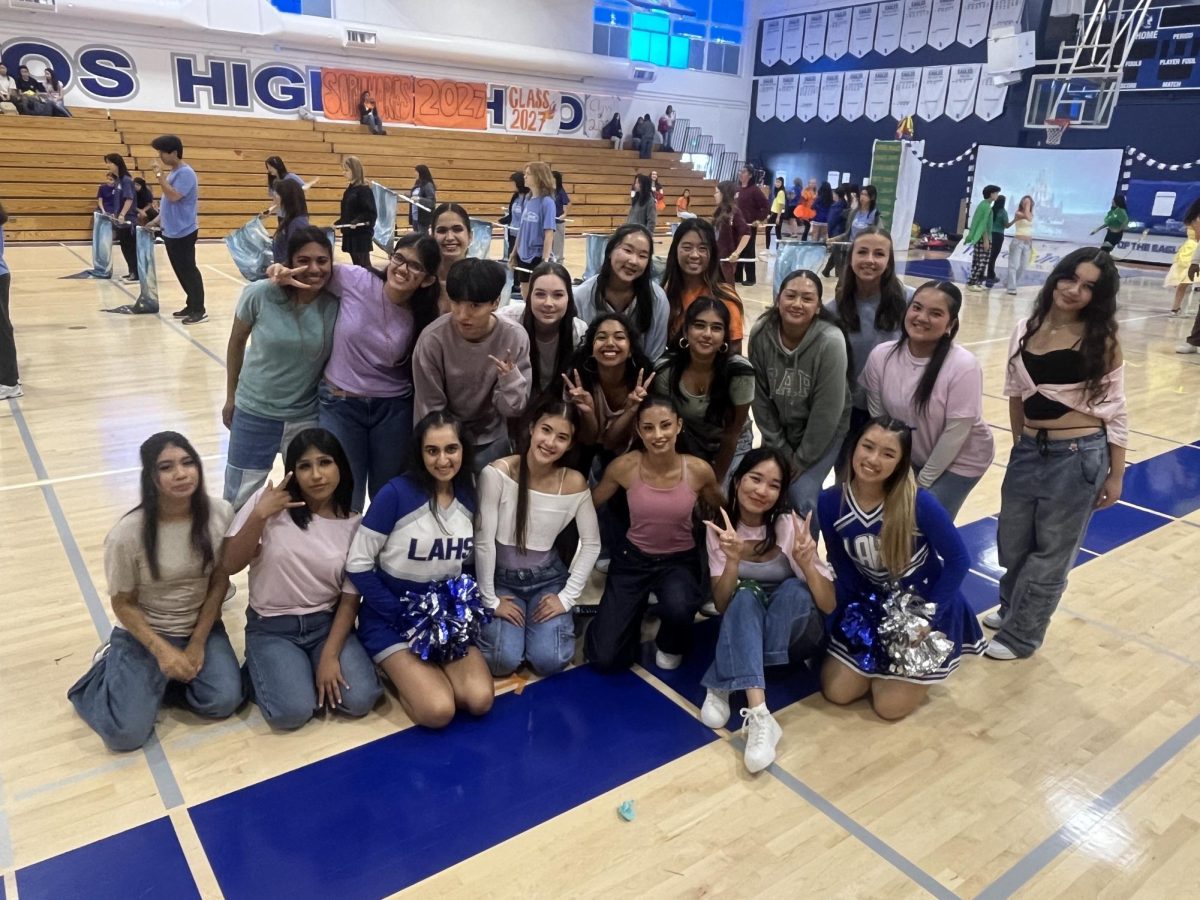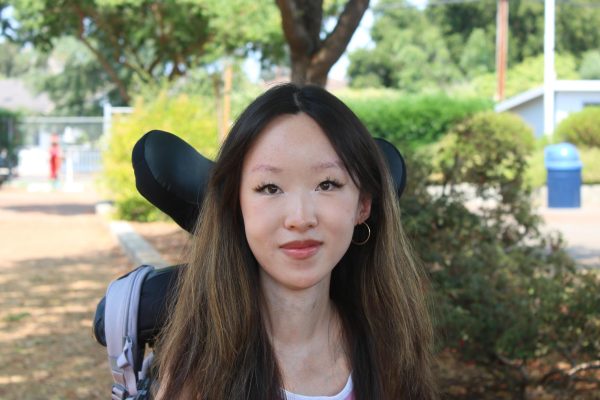The gold glint of an Academy Award has always meant more than bragging rights. Every sealed envelope represents the critical eye of the public, suggesting what is notable and what isn’t while making history with a tear of paper.
After the Writers Guild of America (WGA) strikes put Hollywood on pause for five months, the 75th Primetime Emmy Awards arrived fashionably late. A major turning point for diversity on screen unfolded on Monday, January 15.
For the most part, three shows swept the major categories: the fourth and final season of drama “Succession” (HBO), road rage saga “Beef” (Netflix) and season one of Chicagoan culinary comedy “The Bear” (FX and Hulu).
The victories for minority performers this year were a step in the right direction. Historically, the Emmys have exhibited racial disparities; in the past 10 years, 80 percent of nominations have gone to white individuals, according to NBC News. It’s no big surprise that around three-quarters of the Television Academy’s members are white, according to the academy’s 2023 Transparency Report. Evidently, this is a systemic issue that will need to be addressed inside the industry year by year; white actors take up almost 70 percent of lead roles (2017 report), and many of the characters that are minorities can be poorly written and reductive. The percentage of winners who were Black saw a significant increase in 2020, but petered out in the following years — until now.
Ayo Edebiri bagged the Outstanding Supporting Actress in a Comedy Series award for her sincere performance as a brilliant sous chef on “The Bear.” Quinta Brunson was recognized as second-grade teacher Janine Teagues in “Abbott Elementary” (ABC) — making her the first Black woman to win Outstanding Lead Actress in a Comedy Series since 1981.
Niecy Nash-Betts, who won Outstanding Supporting Actress in a Limited Series for “Dahmer — Monster: The Jeffrey Dahmer Story” (Netflix), said in her speech, “I accept this award on behalf of every Black and brown woman who has gone unheard, yet overpoliced, like Glenda Cleveland, like Sandra Bland, like Breonna Taylor.”
The Asian American community also made breakthroughs, as Ali Wong, who was named Outstanding Lead Actress in a Limited Series for “Beef,” became the first-ever Asian American actress to win a lead acting Emmy. Wong and co-star Steven Yeun continued the momentum of Lee Jung-Jae’s historical win for “Squid Game” in 2022. In an industry where Asian Americans make up only 1 percent of Emmy nominations (NBC News), this year’s awards were a long-awaited moment of recognition.
The Emmys were sadly consistent in their lack of Latino representation this year. It was especially visible as Pedro Pascal (“The Last of Us”), Jenna Ortega (“Wednesday”), Aubrey Plaza (“The White Lotus”) and Camila Morrone (“Daisy Jones & The Six”) were all snubbed by the academy.
Barriers are never shattered all at once, so it will remain a work in progress for the entertainment industry to reach anything that resembles intersectionality. But even a handful of breakthroughs for artists who have been shunned out of the spotlight is an encouraging milestone.
“As an artist, my job is to speak truth to power,” Nash-Betts said.
















